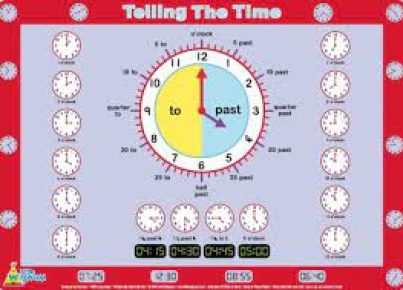In today’s fast-paced world, Information and Communication Technology (ICT) has become an essential component of modern education. With the rapid advancement in technology, the way we teach and learn has changed dramatically over the years, and integrating ICT into the curriculum has provided countless benefits and opportunities for both teachers and students. This article explores the role of ICT in the curriculum, its advantages, and how it is shaping the future of education.
Incorporation of ICT in Education
The integration of ICT into the curriculum can take various forms. Teachers can use digital tools such as interactive whiteboards, multimedia projectors, and tablets to enhance their lessons. Students, on the other hand, may use laptops or smartphones to access resources on websites or platforms designed for learning purposes. Additionally, online collaboration tools allow students to work together seamlessly on projects without geographical restrictions.
Benefits of Integrating ICT into the Curriculum
1. Improved Learning Outcomes: The use of technology enhances students’ understanding of concepts through visual aids, simulations, and interactive content. These elements not only make learning more enjoyable but also facilitate information retention.
2. Fosters Creativity & Innovation: Integrating ICT into a curriculum encourages students to think outside the box when working on assignments or projects. Digital tools enable them to express their ideas more effectively and experiment with creative solutions for problem-solving.
3. Individualized Learning: With access to a vast array of online resources, students have the ability to learn at their own pace based on their individual needs and strengths. This leads to a more efficient use of time and improved academic outcomes.
4. Develops 21st Century Skills: The increasing demand for technology skills in today’s job market makes it essential for students to be proficient in using various digital tools. By incorporating ICT into their daily learning process, they develop essential skills that will serve them well in their future careers.
5. Real-Time Assessment & Feedback: Digital platforms enable teachers to assess students’ progress in real time, allowing for immediate adjustments and personalized feedback. This helps students stay on track and receive the support they need to excel academically.
The Future of Education
The role of ICT in the curriculum is becoming increasingly crucial as it adapts to the ever-changing world of technology. The integration of Artificial Intelligence (AI) and Machine Learning into education could result in even more sophisticated learning platforms, able to cater to the individual needs of each student. Moreover, virtual and augmented reality technologies have immense potential for providing immersive learning experiences, further revolutionizing the way education is delivered.
In conclusion, the integration of ICT into the curriculum has transformed the landscape of education. By leveraging technology, both teachers and students can enjoy a more engaging and efficient learning experience. Embracing these advancements not only benefits current learners but also prepares future generations for a rapidly changing world where digital skills will be indispensable.





